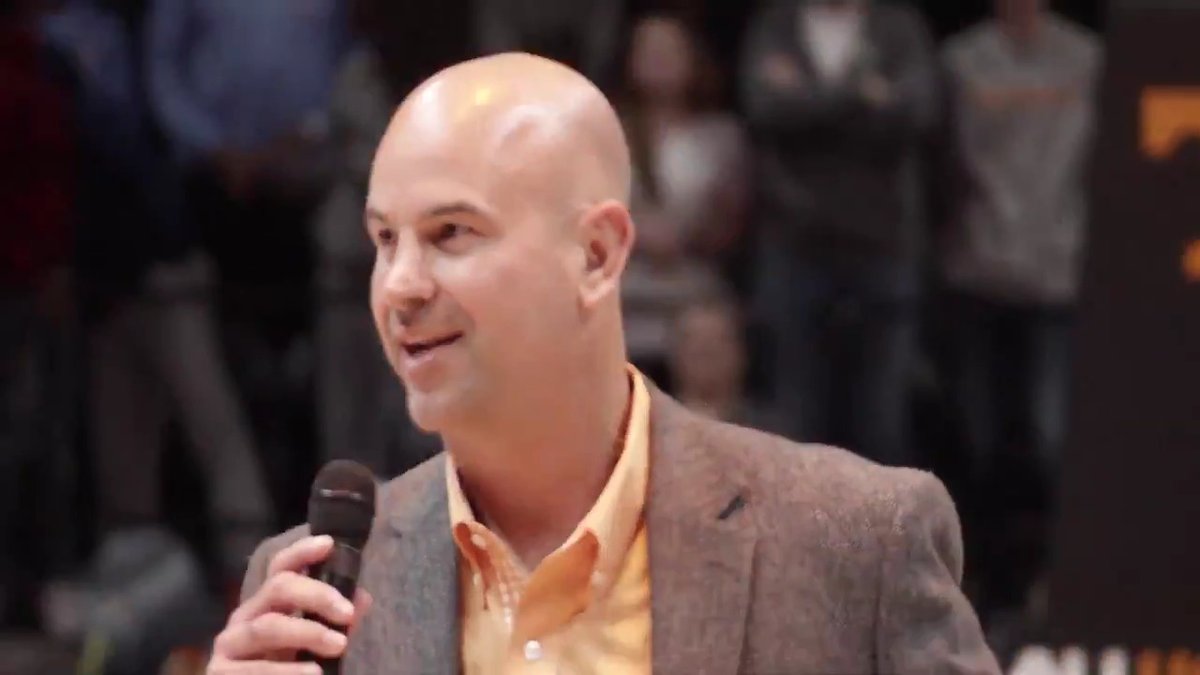After much wringing of hands and gritting of teeth about the great gap in Jeremy Pruitt’s football resume, the lack of head-coaching experience, consider this:
Phillip Fulmer knew exactly what he was doing. He took a calculated risk. It was not unprecedented.
Robert R. Neyland came to Tennessee as an assistant coach. He learned on the job, applying logic, vision and principles he had acquired or developed at the U.S. Military Academy. During interruptions in his chosen career, he became an army general. In football, he made it to the College Hall of Fame.
Doug Dickey went from assistant at Arkansas to head coach at Tennessee in one giant jump – because he had played for Bob Woodruff. The old tackle had the challenge of finding a new coach. Here’s a clue to Dickey credentials: “One of the brainiest quarterbacks I ever saw.”
Bill Battle was inexperienced when he moved up from end coach. He was keen but never a coordinator. He did come from the Bear Bryant tree of coaches. He returned to his roots.
Fulmer had no head-coaching experience above the interim level when he got the top job but he had accumulated a lot of knowledge on the way up. He paid attention to what Ray Trail told him as a Tennessee player. He became a captain. He was a graduate assistant coach for the freshman team in1973. He spent five seasons at Wichita State coaching offensive linemen and linebackers (not at the same time).
He was an assistant coach at Vanderbilt for one season and got the heck out of there.
For 12 years, he was the outstanding line coach who became offensive coordinator and star recruiter for John Majors at Tennessee.
Previous head-coaching experience didn’t seem to do all that much for Derek Dooley or Butch Jones. I suppose they might have been worse without it.
Coaching football is a full notch below space flight in degree of difficulty. At most schools, the head job has evolved into a management position. There is a big payoff on communications. It helps to be able to think while surrounded by a crowd.
Responsibilities: find teenagers who are bigger, faster and stronger than your competition and have assistants teach them how to block, tackle, throw and catch better than your foes. This sounds so simple: get players, make them better. The head coach’s biggest job is to assemble a staff that can do that.
The head coach must finalize recruiting commitments. He must be capable of talking on their level with high school players and their parents. He must talk with the strange mix of players on his roster. He must know enough technical football to communicate with assistant coaches, supposedly specialists.
He must be a decent presenter on Sunday TV shows, even after games lost. TV shows are the source of considerable revenue.
The head coach must be able to communicate with former players and helpful fans of all sorts, especially donors and bigger donors and even politicians. The more excitable ones will be very helpful. They will explain correct alignments and when to run and when to pass. Many are experts on what defenses to play and when to kick extra points and when to go for two. It helps if the coach can smile.
Some head coaches delegate responsibility. Assertive ones choose to be in charge of everything. Jeremy Pruitt says, in no uncertain terms, that he will be involved. He knows enough to establish the course and direct details.
Absent head-coaching experience, Jeremy Pruitt has a rare rich background. He played for his father, a legendary high school coach in Alabama.
Starting early, even when he returned as an assistant on his dad’s staff, Jeremy had opinions and the courage to express them. His success in recruiting is based on forthrightness. Prospects have said he tells it like it is. How refreshing that must be.
Think about the company Pruitt has kept. He coached at Alabama, Florida State, Georgia and Alabama again. There has been no slumming. He knows what it takes to win. Expect him to replace word games with genuine fundamentals.
For a few minutes, the question will be whether Volunteers in residence will be tough enough to take Pruitt. He said they sat up on the front edges of their chairs when they met last Thursday. He said they seemed very interested, even excited, about the future. They took notes.
I’m guessing those who adjust and adapt will end up loving him, even if he doesn’t invent fancy slogans.
The primary job of the head coach is to inspire people to give great effort, play up to their potential and win games. Pruitt has already demonstrated those skills. He may not have all that much to learn.
From the original assessment, Fulmer said he liked Pruitt’s energy, enthusiasm, background and intensity.
“I like my chances with this coach.”
Me too.
Marvin West invites reader reactions. His address is marvinwest75@gmail.com

